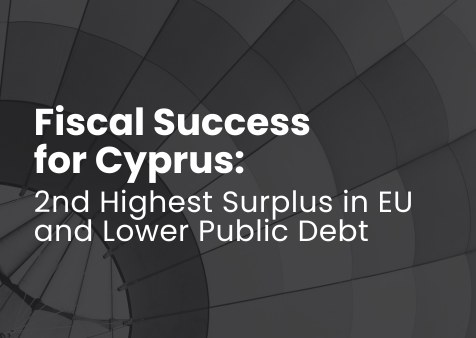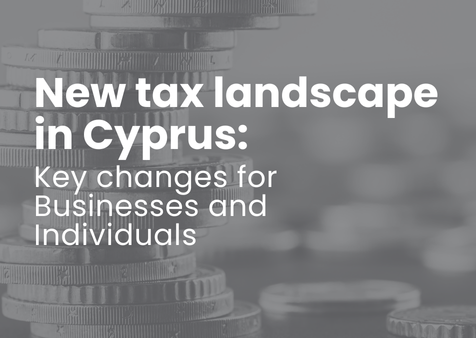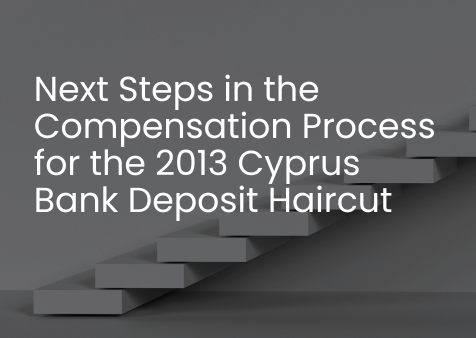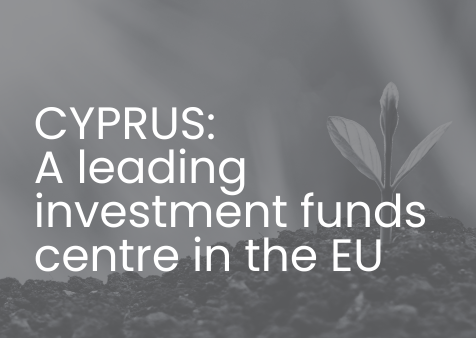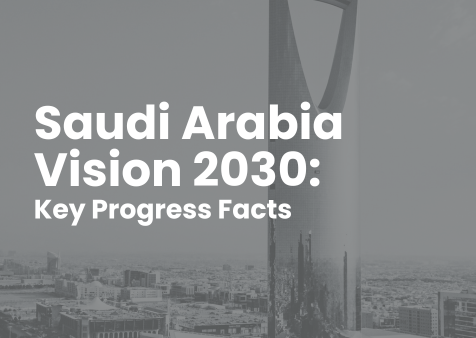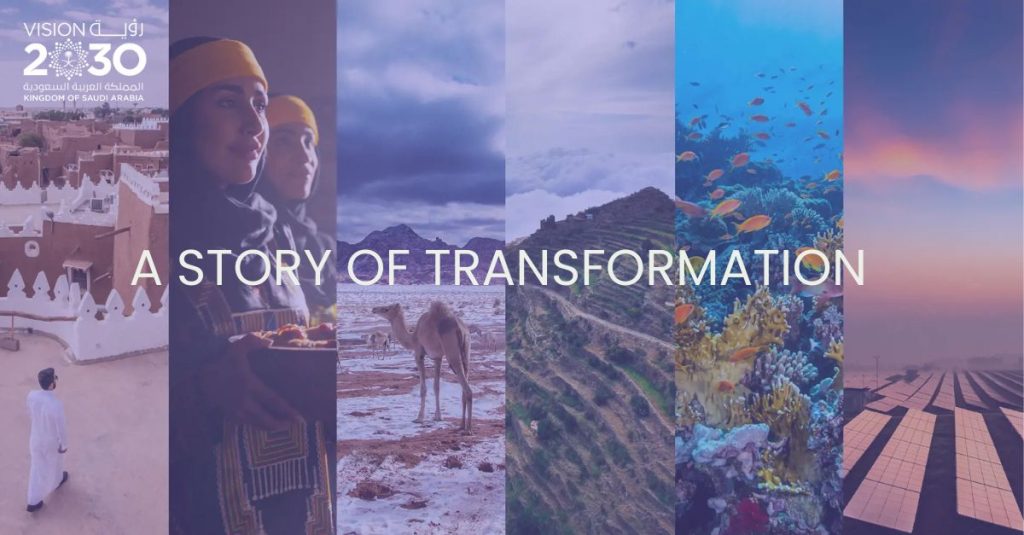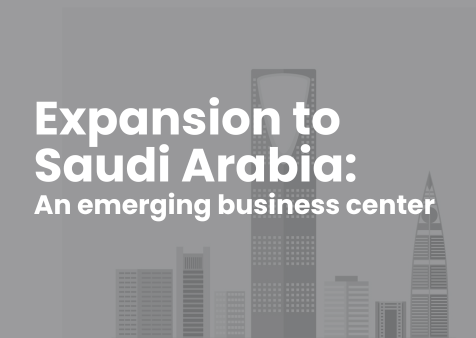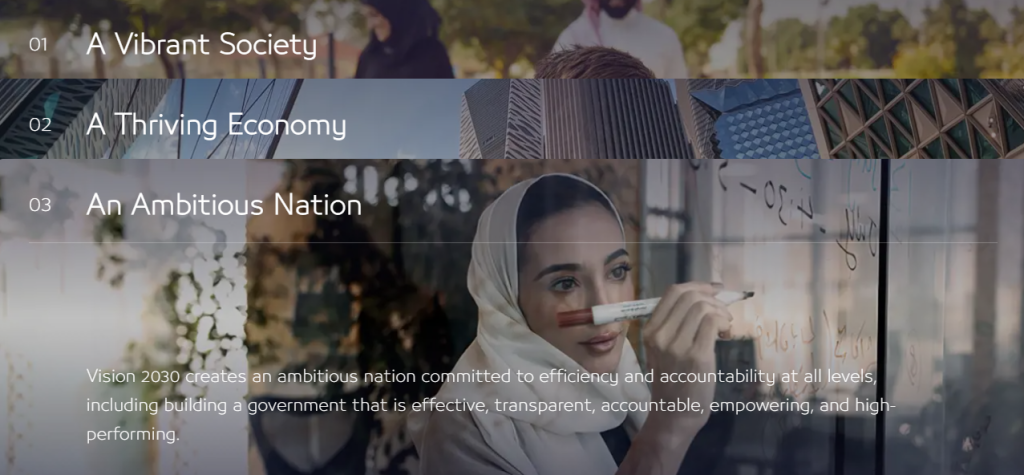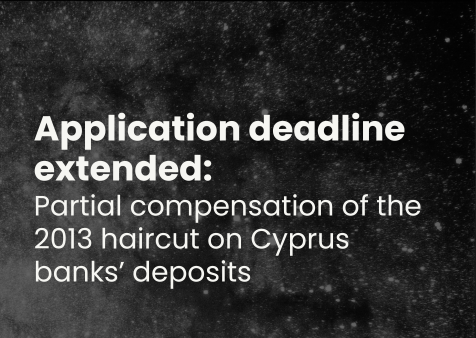Upgrades to the Cyprus Startup Visa: A Gateway for Global Entrepreneurs & Investors
Cyprus has updated its Startup Visa Scheme, effective January 7, 2025, after Cabinet approval on December 18, 2024. The changes aim to attract global entrepreneurs, foster innovation, and drive economic growth, particularly in the technology sector.
The Scheme allows skilled entrepreneurs from non-EU countries to enter, live, and work in Cyprus to establish a new startup or relocate an existing one. The Scheme is valid until December 2026, with a cap of 150 visas.
The updated Scheme offers more flexibility and support for startups at different stages by easing financial and operational requirements. Cyprus aims to position itself as a top destination for global talent while strengthening its appeal for investment-based residency and citizenship programs.
Key Changes Include:
- Longer Residence Permits: Now valid for three years instead of two, with the renewal extended from one year to two years.
- Lower Ownership Requirement: Applicants now need to own at least 25% of the company’s share capital, reduced from 50%.
- Increased Foreign Hiring: Companies can now employ up to 50% foreign staff, compared to the previous 30% limit.
- Additional Hiring for Investors: Companies investing €150,000 or more in Cyprus can hire additional foreign employees.
Renewal Criteria:
To renew the Visa after three years, Startups should meet at least one of the below criteria:
- Achieve a 15% increase in revenue.
- Secure €150,000 in investments.
- Create at least three new jobs in Cyprus.
- Participate in local innovation support programs.
- Launch at least one product or service.
Digital Literacy and Investment Migration at the Heart of Cyprus Startup Visa Scheme
The updated Scheme places a strong emphasis on building a tech-savvy workforce by encouraging all employees to enhance their digital skills, while driving creativity and modernization. This enhances Cyprus’ position as a hub for technology-driven entrepreneurship and sustainable growth.
At the same time, the recent changes offer entrepreneurs and investors a compelling opportunity to establish themselves in Cyprus while working towards long-term residency or even citizenship, all within a supportive and welcoming environment. Not only can they diversify their portfolios, but they also contribute to the local economy by creating jobs, implementing innovative ideas, and attracting additional foreign investment.
A Promising Future
As the Cyprus Startup Visa Scheme evolves, with 21 startups already approved, it presents exciting opportunities for global entrepreneurial talent who seek to align their business goals with residency solutions. The Scheme offers a unique pathway to establish a presence in Cyprus, with a variety of financial and qualitative incentives for both individuals and companies.
Foreign talent and investors will benefit from Cyprus’s strategic location, favorable tax policies, strong legal framework, and access to mentorship, resources, funding, and networking opportunities.
The investment migration landscape is constantly evolving, and the Scheme is adapting to meet the changing needs of global startups and talent, ensuring long-term prosperity.
Our dedicated team can assist you in navigating the complexities of the Scheme and residency requirements so you can fully enjoy the benefits Cyprus has to offer. For a tailored consultation, feel free to reach out to us here.
